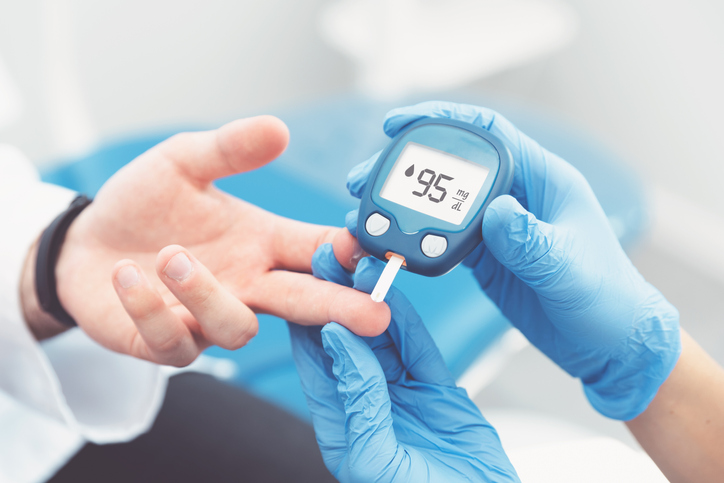to monitor to monitor diabetes, it is recommended to have several examinations regularly, including:
Fasting blood glucose: measure the level of glucose in the blood while fasting
HbA1c: measures average blood glucose levels over the past 2-3 months
Lipid profile: measures the levels of total cholesterol, LDL (bad cholesterol), HDL (good cholesterol) and triglycerides in the blood
Microalbuminuria: measures the amount of albumin (a protein) in the urine, which can be an indicator of kidney damage
Ophthalmological evaluation: examining the eyes for signs of ocular complications such as cataracts and diabetic retinopathy
Podiatric assessment: examining the feet for signs of complications such as peripheral neuropathy and skin ulcers
Cardiovascular assessment: measure blood pressure and examine signs of cardiac and vascular complications.
It is important to discuss with your doctor to determine the frequency of these examinations according to your personal situation., it is recommended to have several examinations regularly, including:

